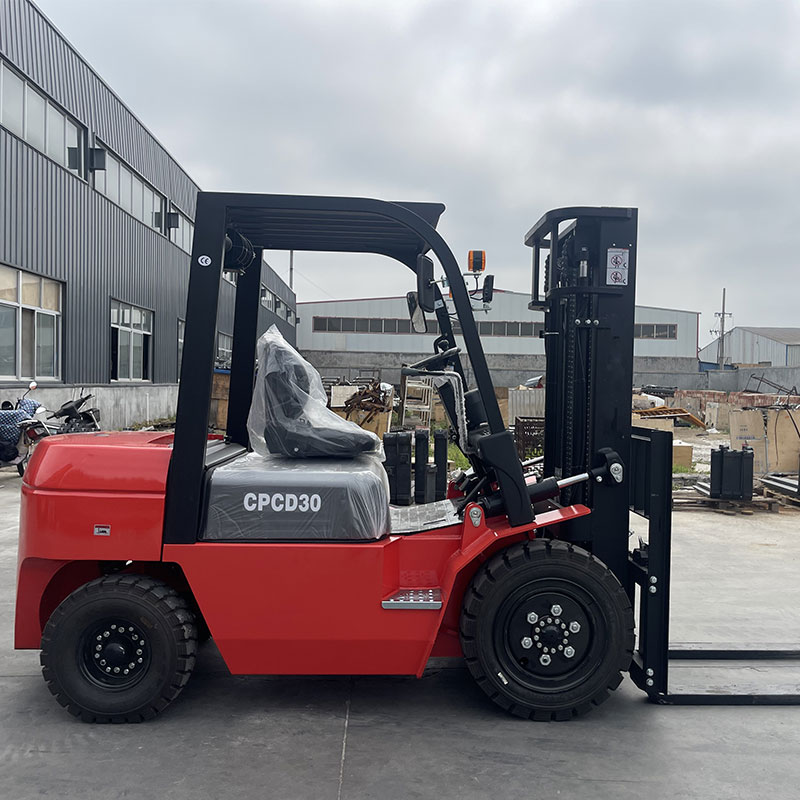In the modern warehousing and logistics industry, forklifts are indispensable tools. In particular, electric forklifts and diesel forklifts are two common types of forklifts, which have their own advantages and disadvantages and are suitable for different use scenarios
If you're thinking about buying a forklift, knowing the key differences can help you make a more informed decision.

First of all, the biggest difference between electric forklifts and diesel forklifts is the power source.
Electric forklifts are battery-powered, and they operate with little noise and no emissions, making them suitable for indoor use, such as warehouses or production workshops.
In contrast, diesel forklifts use diesel engines, which can provide more power and are suitable for use outdoors or in high-load environments.
One of the advantages of electric forklifts is their environmental protection.
Because electric forklifts have no exhaust emissions, they are more popular in places with higher environmental requirements.
In addition, they produce almost no noise during operation, making them ideal for workplaces that require a quiet environment. The charging process of the electric forklift is also relatively simple, only need to charge regularly and keep the battery in good condition.
But electric forklifts have their limitations.
Battery life is limited, and long time use may require frequent charging, so it may not be ideal in high-load working environments.
In addition, electric forklifts have certain requirements for charging facilities and battery maintenance, and the replacement cost of batteries is relatively high.
Relatively speaking, the main advantage of diesel forklifts is their strong power and long-term operation ability.
Diesel forklifts are suitable for outdoor work, such as construction sites and heavy logistics centers.
They are more convenient for fuel filling and battery life, and do not require frequent charging like electric forklifts. Diesel forklifts are excellent at handling heavy loads and working continuously for long periods of time, so they are more advantageous in high-intensity working environments.
However, diesel forklifts also have some disadvantages.
First of all, their noise and emissions are higher, and they are not suitable for use in enclosed or environmentally demanding places.
In addition, the maintenance cost of diesel forklifts is also relatively high, requiring regular inspection and replacement of engine components. The need for refueling stations can also increase operating costs.
When choosing a forklift, the overall operating costs should also be taken into account.
Although the initial investment may be higher, electric forklifts may be more cost-effective in the long run due to their low operating costs and maintenance costs. The initial purchase cost of a diesel forklift is relatively low, but long-term fuel and maintenance costs can be higher.
In addition, if you have forklift needs, you can consult Shanghai Handavos International Trading Co., LTD., the product is efficient and energy-saving, no heavy metals, no drip corrosion, no maintenance dust, no rehydration, worth considering.
In summary, electric forklifts and diesel forklifts have their own advantages and disadvantages and are suitable for different working environments and needs.
Electric forklifts are more suitable for indoor use and places with higher environmental requirements, while diesel forklifts are more advantageous in outdoor and heavy duty operations.
Depending on your specific usage scenario and budget requirements, choosing the most appropriate type of forklift can help improve work efficiency and reduce operating costs.










